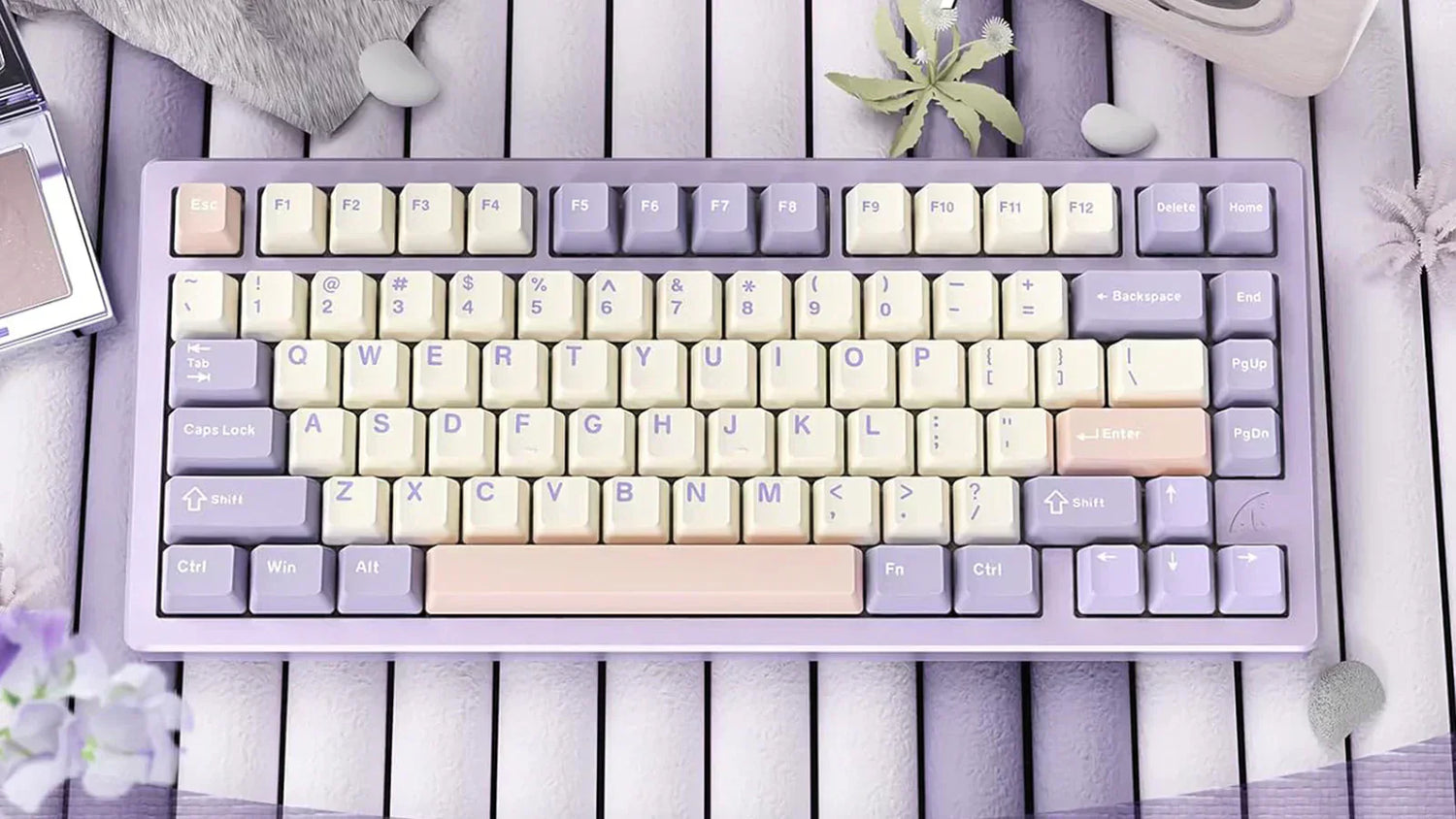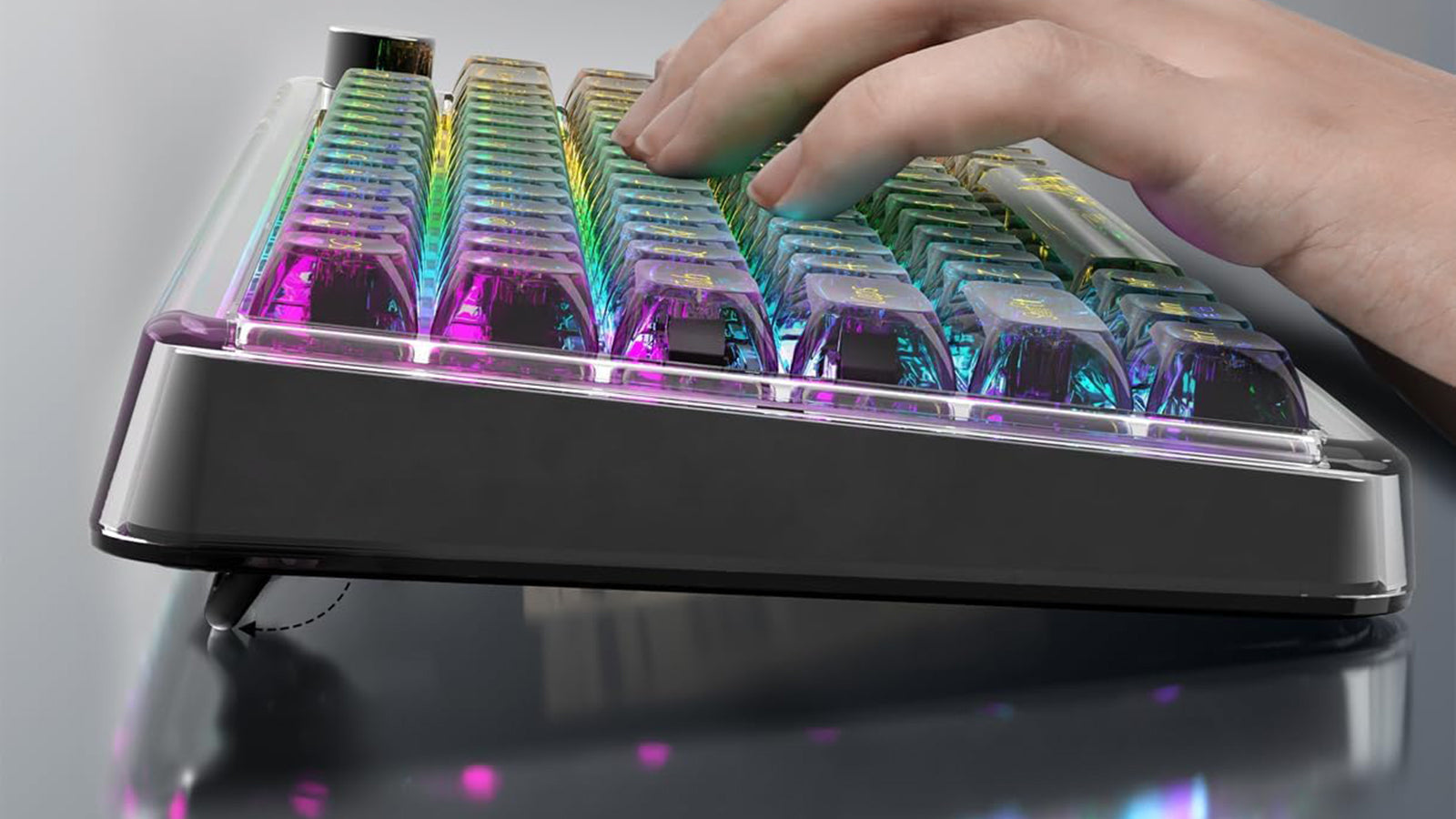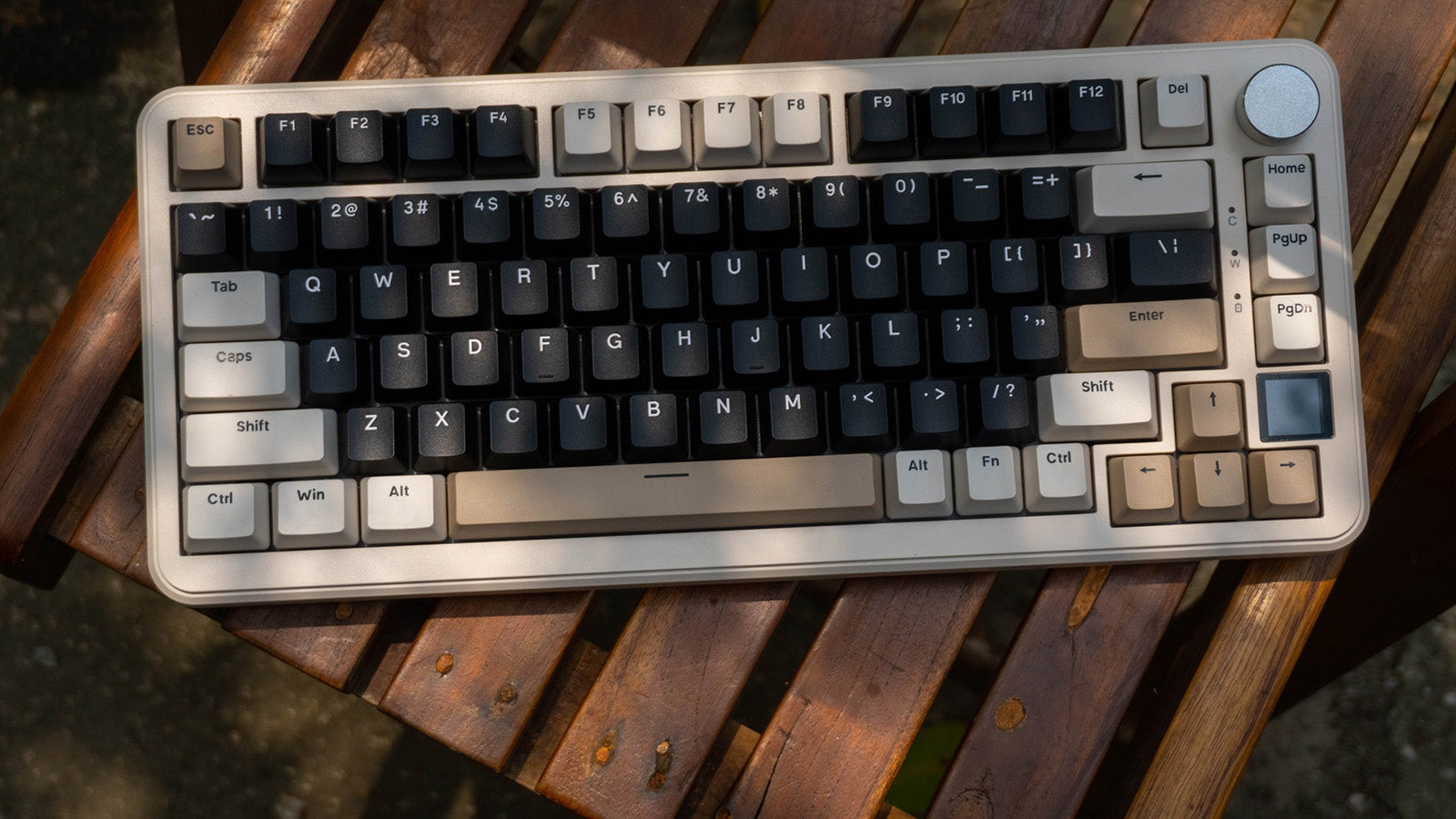Mechanical keyboards are prized for their satisfying typing experience and durable construction, but even these robust devices are susceptible to various forms of damage. In this comprehensive guide, we'll show the common threats to mechanical keyboards and share effective strategies to keep your investment clicking happily for years to come.
1. Drops and Impacts
Mechanical keyboards can withstand the occasional bump or drop, but excessive force can lead to internal mechanical failures. Dropping your keyboard or banging it too hard can damage the delicate switches beneath the keys, causing keys to become unresponsive or inconsistent.
When transporting your keyboard, especially to gaming events or the office, be sure to cushion it in a padded sleeve or case to protect against impacts.
2. Aggressive Typing
Forceful, heavy-handed typing can gradually wear down the keycaps over time, fading the lettering and affecting the switches' performance.
To extend your keyboard's lifespan, practice a gentler typing technique, using just enough force to register each keystroke. This not only preserves your keyboard but can also improve your overall typing speed and accuracy.

3. Dust, Debris, and Pet Hair
Seemingly harmless particles like dust, crumbs, and pet fur can wreak havoc on a mechanical keyboard's internal mechanisms. These unwelcome intruders can clog the switches, causing keys to become sticky or unresponsive.
Regular cleaning using compressed air and gentle brushing to remove the keycaps can help prevent this problem.
4. Temperature Extremes
Mechanical keyboards are sensitive to drastic temperature changes. Intense heat can cause plastic components to warp and lubricants to dry out, compromising smooth key action. Conversely, cold temperatures can make materials brittle, leading to cracks and breakage.
Store your keyboard in a climate-controlled environment with stable, moderate temperatures to maintain its structural integrity and functionality.

5. Liquid Spills
A liquid spill is a mechanical keyboard owner's worst nightmare. Liquids can short-circuit the complex electronics within, leading to immediate malfunctions or gradual corrosion.
If you accidentally spill a drink on your keyboard, act quickly by unplugging it, flipping it over to drain the liquid, and allowing it to air dry completely—avoid using a hairdryer, as the heat can further damage internal components.
6. Humidity
Moisture in the air can also pose a threat to mechanical keyboards, as it can seep into the circuitry over time, causing rust and degrading electronic contacts.
If you live in a humid climate, consider using a dehumidifier in the room where you keep your keyboard. Regular maintenance, such as opening up the keyboard to clean out any accumulated moisture and dust, can help prevent humidity-related damage.
7. Electrical Surges
Sudden spikes in electrical voltage, known as electrical surges, can be devastating for mechanical keyboards, instantly frying their delicate electronic components. Protect your investment by using a surge protector and avoiding unstable or overloaded electrical outlets.
8. Incompatible Accessories
Using off-brand chargers, USB hubs, or other accessories not recommended by the keyboard's manufacturer can lead to compatibility issues and potential damage. Stick to accessories endorsed by the keyboard maker to ensure a smooth, safe typing experience.
9. Software Corruption
Software corruption, whether from system updates, malware, or incompatibilities, can degrade the performance of your mechanical keyboard, causing unresponsive keys, lag, or erratic behavior. Address these issues by rebooting your computer, reconnecting the keyboard, and ensuring your antivirus software is up-to-date.

10. Firmware Failure
Firmware is the low-level software that governs how your mechanical keyboard communicates with your computer. While firmware updates can bring improvements, a failed update can render your keyboard unusable. To avoid this, only update through the manufacturer's official software and follow their instructions closely, ensuring a stable connection and power supply.
11. Poor Cleaning Practices
Neglecting regular maintenance can significantly shorten the lifespan of your mechanical keyboard. Establish a cleaning routine, which should include gently shaking out debris, using compressed air to remove dust, and thoroughly cleaning the keycaps in soapy water.
12. Improper Storage
When your mechanical keyboard is not in use, proper storage is crucial to prevent wear and tear. Avoid placing heavy objects on top of it, and store it in a cool, dry place away from direct sunlight to prevent discoloration and material degradation. Consider investing in a keyboard cover or case to protect against dust and accidental spills.
Ensure the Endurance of Your Mechanical Keyboard
Safeguarding your mechanical keyboard from potential damage is an essential part of owning and enjoying the device. By understanding the risks posed by physical impacts, environmental factors, liquid exposure, electrical threats, software problems, and neglect, you can take proactive measures to prevent harm. Regular maintenance, careful handling, and appropriate storage are simple yet effective practices that will extend the life of your keyboard. Remember, a little attention goes a long way in preserving the clicky satisfaction and reliable performance of your mechanical keyboard, making it not just a tool but a trusty companion in your digital adventures.






Leave a comment
This site is protected by hCaptcha and the hCaptcha Privacy Policy and Terms of Service apply.